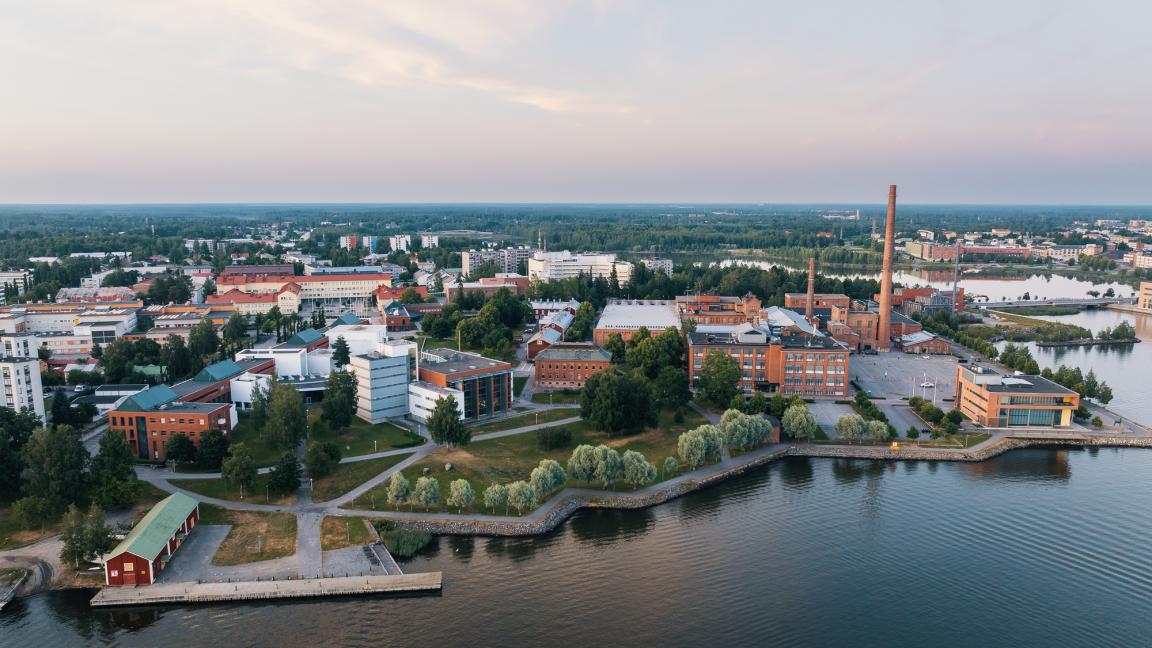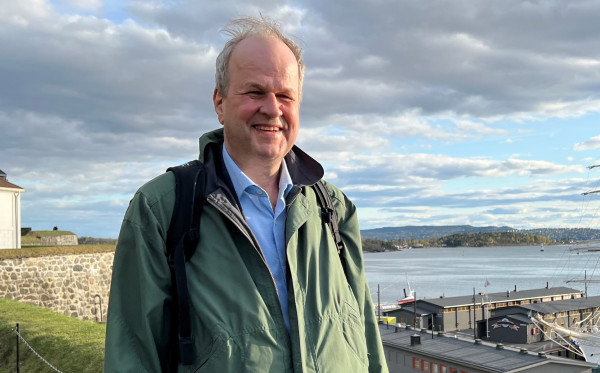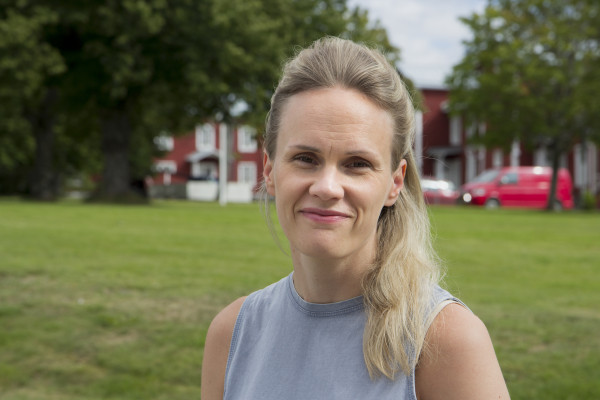Growth and competitiveness through AI and intangible capital, and a roadmap for a sustainable space economy – University of Vaasa receives funding from the Strategic Research Council
Why are growth and productivity stagnating?
According to Professor of Economics Hannu Piekkola, the TRANSFORM-AI project addresses Finland’s innovation paradox: despite strong capabilities and R&D investments, economic growth and productivity have remained sluggish.
– Finland has good resources and intangible capital, but why are we not getting enough out of them? Growth has dragged on slowly since 2008, Piekkola points out.
He argues that leadership, intangible resources, and innovation can act as drivers of AI-driven growth. The University of Vaasa has long-standing expertise in research on intangible capital and access to extensive datasets on employees and firms.
– In our earlier EU-funded Globalinto and Innodrive projects we developed a method to measure intangible capital at the micro level based on occupations. Intangible investment consists, in addition to wage costs and time spent on creative work, of the intermediate inputs and tangible capital required, which are separately evaluated using input-output tables.
Piekkola also notes that Vaasa has expertise in leadership, finance, and legal issues related to the regulation of digitalisation. In addition, the project focuses on sustainability and resilience. He points out that there is long-standing expertise in energy economics in Vaasa.
Alongside the University of Vaasa, the TRANSFORM-AI project is led by the University of Turku and involves Tampere University, the University of Jyväskylä, Aalto University, the University of Oulu, and Pellervo Economic Research PTT. The multidisciplinary research consortium draws on economics as well as behavioural sciences and educational research.
Working with over 30 stakeholder organisations, the project aims to deliver practical tools and policy guidance for the responsible use of AI, skills development, and market renewal in a sustainable way.
The University of Vaasa’s share of the project funding is €377,608. The total funding for the project amounts to €2.9 million.
– The project spans six years in total, with the first budget period covering three years. The Strategic Research Council funding is intended to continue for the following three-year period as well. I also believe that the dissemination and applicability of the results will be exceptionally strong.
Space economy offers solutions to climate change and regional development
According to Associate Professor of Regional Science Helka Kalliomäki, the space economy provides solutions to many global challenges, including climate change.
– Satellite technologies, such as Earth observation and satellite navigation, are becoming increasingly important in combating climate change, ensuring the resilience of infrastructure, improving digital connectivity, and boosting productivity. They also support public services, regional innovation, and data-driven decision-making.
Although Finland has advanced in the new space economy, fragmented efforts and limited cooperation across sectors may weaken the ability to harness space-based innovations. The SPACECONOMY project therefore aims to create an ecosystem that brings together universities, industry, public authorities, and civil society to promote systemic reform and economic resilience.
– By developing our space sector ecosystem, Finland has the opportunity to become a forerunner in the sustainable and inclusive development of the space economy, Kalliomäki says.
The SPACECONOMY project has received a total of €2.9 million in Strategic Research Council funding, of which €387,290 goes to the University of Vaasa. Besides the University of Vaasa, the consortium includes the project leader Tampere University, the Finnish Meteorological Institute, the National Land Survey of Finland, Aalto University, the University of Helsinki, and the University of Turku. Project communication is led primarily by the award-winning space journalist Jari Mäkinen, but the consortium partners are also involved in its implementation.
Kalliomäki notes that the multidisciplinary consortium combines expertise in space technologies, artificial intelligence, economics, sustainability, governance, and social sciences.
For example, the project explores how remote sensing, satellite positioning, and telecommunications data can improve productivity, resilience, and well-being, and which sustainable and scalable business models should be chosen for the effective commercialisation of satellite-based services.
The University of Vaasa leads a work package focusing especially on the development of a national roadmap. The roadmap is being co-developed with stakeholder organisations from government, industry, academia, and civil society. The work package is led by Professor Arto Ojala, a researcher specialising in the space economy.
– The roadmap brings together key findings from the project and provides recommendations on regulation, investment, and innovation in line with Finland’s space strategy and the goals of sustainable development.
At the University of Vaasa, the SPACECONOMY project will start in 2026. As with the TRANSFORM-AI project, the budget has also been planned for optional years 2028–2031, meaning that in both cases the six-year budgets would total about €6 million.
According to Kalliomäki, stakeholder organisations are strongly involved in the SPACECONOMY project. The researchers’ work is supported by a broad national steering group and an international scientific advisory committee. The project is led by Professor Heidi Kuusniemi, currently at Tampere University and holding the title of docent at the University of Vaasa.


